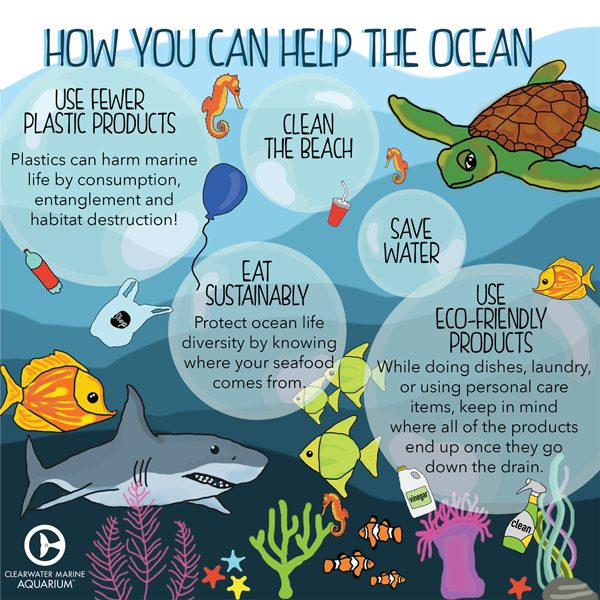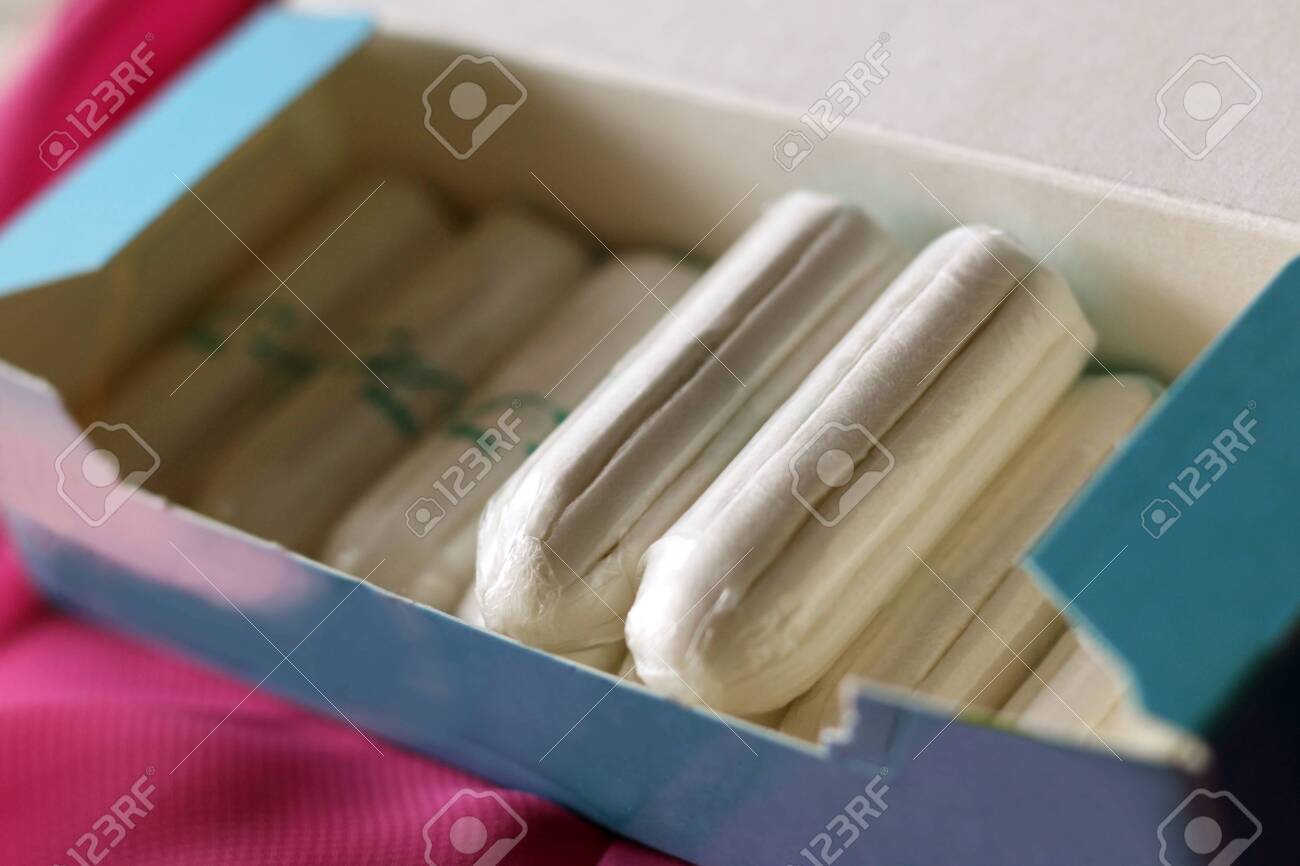Dolphin Project believes that ocean conservation is vital to the survival of all marine animals. Volunteers picked up over 2 million of them around the world.
 Amazon Com Help Save The Ocean Recycling Journal Save The Earth Oceans For Future Generations Save Our Planet Recycle Environmental Gift Journal 9781095468234 Journals Imaginative Books
Amazon Com Help Save The Ocean Recycling Journal Save The Earth Oceans For Future Generations Save Our Planet Recycle Environmental Gift Journal 9781095468234 Journals Imaginative Books
Use as little fertilizer as possible.

How to help the ocean. Reduce the effects of climate change on the ocean by leaving the car at home when you can and being conscious of your energy use at home and work. In addition to donating to. Locally sourced food typically does not require as many packaging materials as many of the options you may find in the grocery store and it does not have to travel as far meaning that its carbon footprint is much lower than foods that are transported in gas-guzzling planes trains and.
Recycle items that can be recycled this helps keep them out of the ocean and reduces new plastic. Stay hydrated and be kind to the ocean by reaching for a reusable bottle instead. Use less water so excess runoff and wastewater will not flow into the ocean.
Encourage your family and friends to learn more and to develop ocean-friendly habits. Use an ashtray so cigarette butts dont reach waterways and the ocean. You can help keep the oceanand other waterwayshealthy by reducing your familys use of chemicals inside and out.
Research charities in your state or around the country that help clean the ocean and see if theyre holding a fundraiser or collecting supplies for a cleanup effort. Whatever you do wherever you live your food transportation trash clothing and water use have an impact on the ocean. Ad Book your Hotel in Ocean Park WA online.
Share this article More than 80 percent of the worlds oceans. The tragic oil spill in the Gulf of Mexico has reminded us all that our ocean is very importantand also fragile. Marine species are currently facing more human-caused threats than ever before.
Here are a few ideas. Ad Book your Hotel in Ocean Park WA online. Saving dolphins and whales is more than just ending their captivity.
With 8 million tons of plastic dumped into the ocean each year there could be a pound of plastic for every three pounds of fish in the ocean within the next decade alone. Look into investing in reusable water bottles store food in non-disposable plates avoid straws and takeout utensils bring your own reusable bag when shopping etc. In our 2014 clean up cigarette butts were the top item collected.
Ad Ocean House offers uncompromising service beachfront location and world-class amenities. Listen to Sylvia Earle oceanographer and explorer-in-residence for National Geographic tell you how you can help play a part in the conservation of our oce. Fertilizers including manure add nutrients to the soil and water that can be carried downstream when it rains.
Plastics end up as ocean debris which adds to the destruction of the ocean surroundings and the marine wildlife. Be vocal about your concerns on social media. If we can achieve this we can halt biodiversity loss.
Write or call your representatives show up for town hall meetings or write letters to the editor of your local paper. Conservation International and Pew Charitable Trusts are teaming up to protect 7 million square miles of ocean. Choose nontoxic chemicals and dispose of herbicides pesticides and cleaning products properly.
Single-use plasticssuch as non-reusable water bottles take-out packaging plastic bags and strawspollute our ocean and can destroy ecosystems and endanger marine life. And you can help make sure we all have a healthy ocean for generations to come. There are many ways travelers can join the effort to preserve oceans as well.
Cut down on what you throw away. Be an advocate for the oceans. Along with supporting small businesses shopping locally can help minimize your diets impact on the ocean.
Ad Ocean House offers uncompromising service beachfront location and world-class amenities. There are many ways we can help protect them. Last year several countries joined the Global Ocean Alliance and agreed to protect 30 per cent of the ocean by 2030 a target called 30x30.









